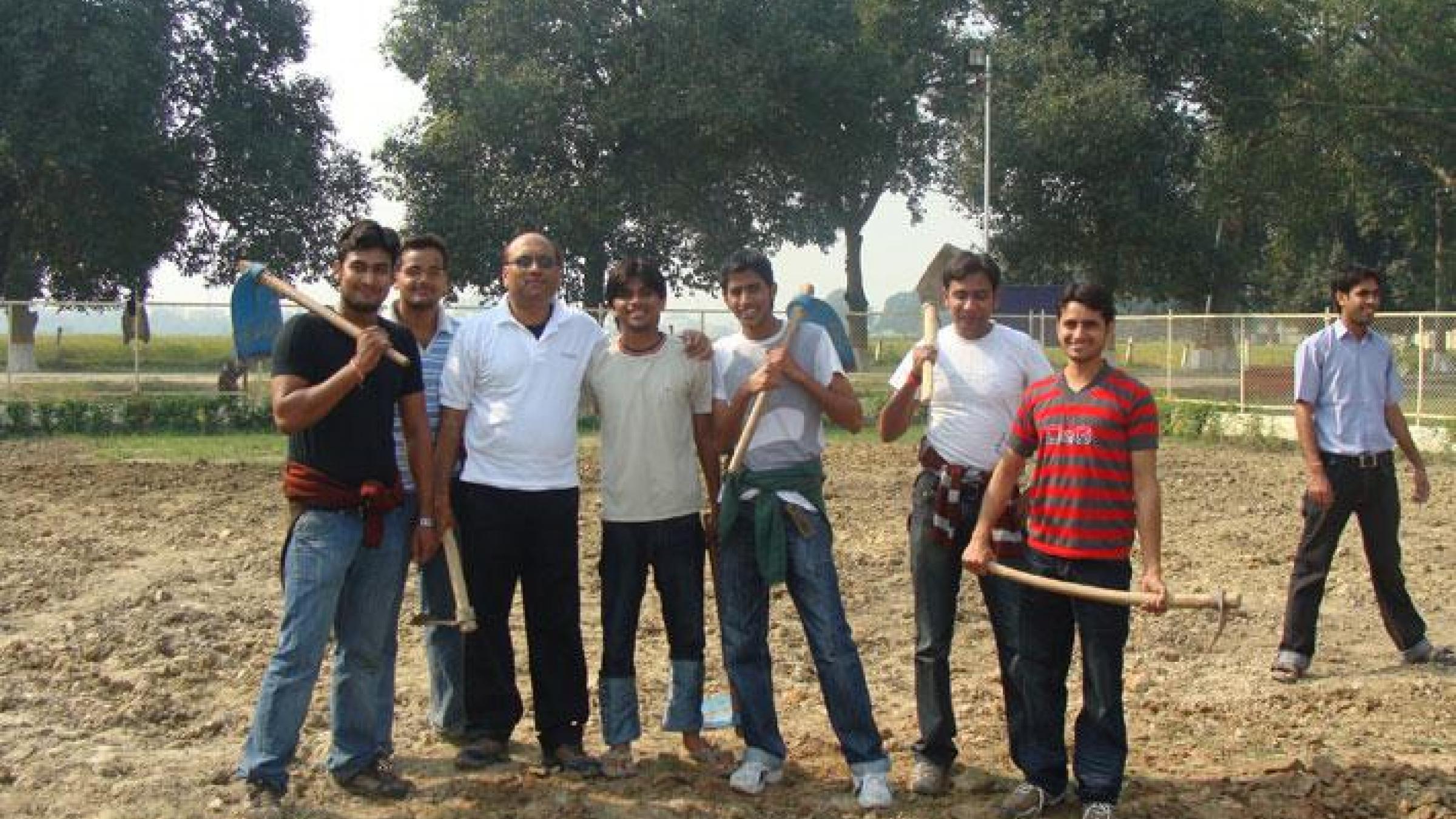Carrying on the Borlaug Legacy in India

To mark the 100th anniversary of the birth of the “Father of the Green Revolution,” Dr. Norman Borlaug, Congressional leaders dedicated a statue of Borlaug in the National Statuary Hall of the U.S. Capitol this spring. While those festivities were taking place, people worldwide were carrying on Borlaug’s legacy in different ways.
One part of that legacy is the Norman E. Borlaug International Agricultural Science and Technology Fellowship Program. Administered by USDA’s Foreign Agricultural Service, the program provides U.S.-based training and collaborative research opportunities for scientists and policymakers from developing and middle-income countries to promote food security and economic growth.
Borlaug fellows are generally in the early or middle stages of their careers. Each fellow works one-on-one with a mentor at a U.S. university, research center or government agency, usually for 6-12 weeks. The U.S. mentor will later visit the fellow’s home institution to continue collaboration. Since the program began in 2004, 740 Fellows from 64 countries have received training.
One former Borlaug fellow is Dr. Alok Jha, now a faculty member at Banaras Hindu University (BHU) in Uttar Pradesh, India. During his 2006 fellowship, Jha was assigned to the laboratory of Dr. Syed Rizvi, professor of Food Process Engineering at Cornell University. After seeing Rizvi’s work at Cornell, Jha remarked, “If you could get even 10 percent of this going in India, it would be amazing!”
With the knowledge and experience he gained as a Borlaug fellow, Jha returned to India in 2007 and began raising funds to purchase land and build facilities for a brand new food science and technology center at BHU. His program currently awards advanced degrees in food science and just recently began accepting undergraduates.
“Professor Alok Jha used his exposure to our program to establish a state-of-the-art food science and technology program where none existed before,” said Rizvi. “From zero to where they are now is phenomenal!” As a result of Jha’s success, other colleges in India are seeking Rizvi’s help with setting up food science programs.
Rizvi said that he got a great deal personally out of the mentoring experience. “To work together and see that your work has a face to it is extremely rewarding, he said. With the right cooperation and the right support, you can make a big difference. This program propagates itself in innumerable ways.”
